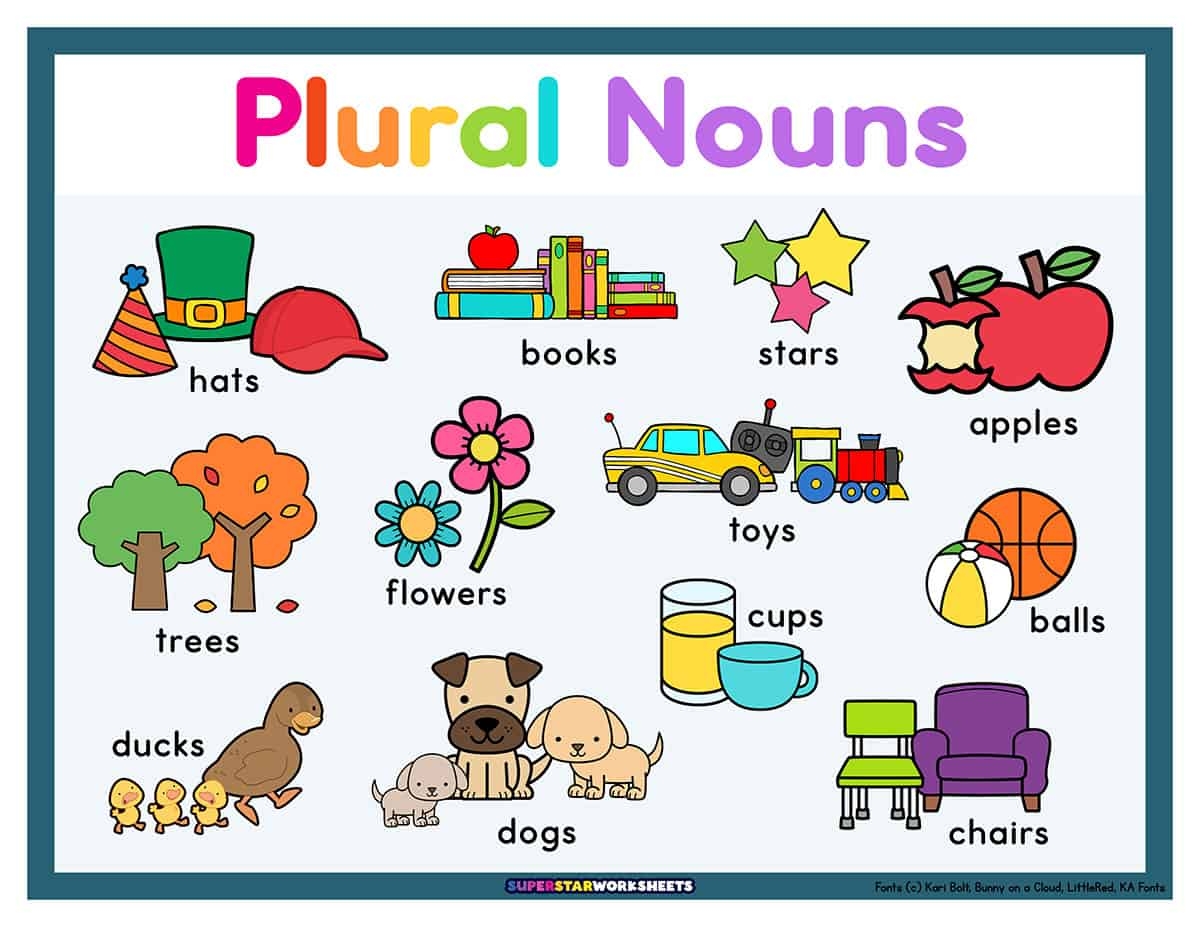Plural nouns are an essential aspect of grammar that can often be confusing for many people. Understanding how to properly form and use plural nouns is crucial for effective communication in both spoken and written language. By mastering plural nouns, you can enhance your overall language skills and avoid common mistakes in your writing.
Plural nouns refer to more than one person, place, thing, or idea. They are formed by adding an “s” or “es” to the end of a singular noun. For example, “cat” becomes “cats” and “box” becomes “boxes” when pluralized. It is important to pay attention to the rules for forming plural nouns to ensure clarity and accuracy in your communication.
Plural Nouns
One common rule for forming plural nouns is to add an “s” to the end of the word. For most singular nouns, this is the standard way to create the plural form. For example, “book” becomes “books” and “dog” becomes “dogs” when pluralized. This rule applies to the majority of nouns in the English language.
However, there are some exceptions to this rule. For nouns that end in “s,” “x,” “z,” “ch,” or “sh,” you will need to add “es” to form the plural. For instance, “bus” becomes “buses” and “box” becomes “boxes” when pluralized. It is important to be aware of these exceptions to ensure that you are using plural nouns correctly in your writing.
Additionally, some nouns undergo a change in their spelling when forming the plural. For example, “child” becomes “children” and “man” becomes “men” when pluralized. These irregular plural forms can be tricky to remember, but with practice and exposure to the language, you can become more comfortable using them correctly.
Understanding how to form and use plural nouns is essential for effective communication in English. By mastering the rules for pluralizing nouns, you can enhance your writing and speaking skills and avoid common mistakes. Practice using plural nouns in your everyday language to improve your fluency and accuracy.
In conclusion, plural nouns play a crucial role in the English language and are necessary for clear and effective communication. By understanding the rules for forming plural nouns and practicing their use, you can improve your language skills and avoid common errors in your writing. Remember to pay attention to the exceptions and irregular forms of plural nouns to ensure accuracy in your communication.
